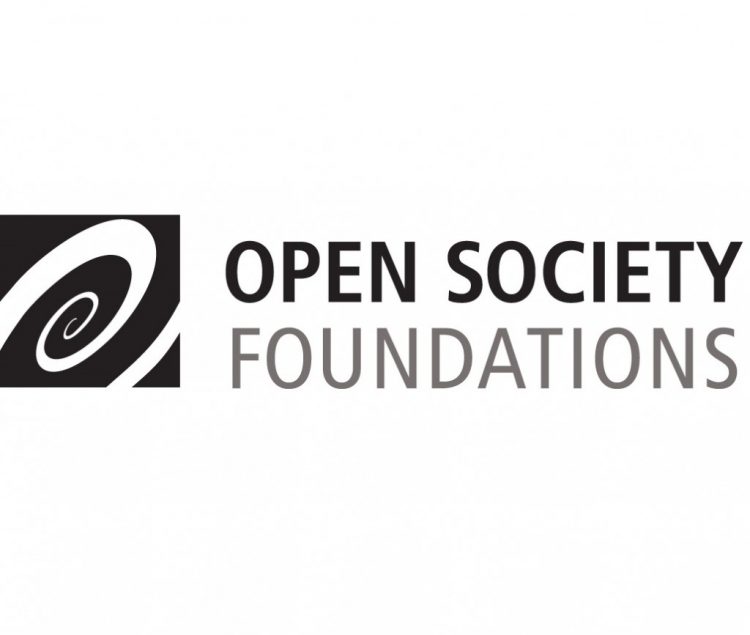Whistleblowers like Antoine Deltour, Zuzana Hlávková and Andrea Franzoso have all faced great personal and professional ramifications by exposing corruption and wrong doing in the public interest.
Whistleblower protection legislation remains the exception rather than the rule in the EU. Most Member States do not have dedicated legislation in place, and even in the few countries where such laws do exist, they usually leave significant loopholes and fall short of good practice.
As a result, European citizens remain largely unprotected in case they take the decision to speak up, facing the risk of retaliation, judicial proceedings and dismissal. This, in turn, leaves suspected cases of fraud, corruption and other malpractice unattended – a huge potential to fight such practices is lost.
Now is the time for the EU to bring forward comprehensive legal protection for whistleblowers that which to expose the truth.
Over the last three years we have worked with a board coalitions of EU national chapters, civil society organisations, trade unions and journalist associations. In October 2017, the European Parliament adopted a strong own-initiative report in favour of a horizontal Directive on whistleblower protection, in line with international principles, including those of TI. Following the Commission’s legislative proposal in April 2018, the Parliament adopted a series of committee opinions and ultimately a Legal Affairs committee report, in November 2018, which incorporated numerous key TI policy recommendations. There was also progress made with the Austrian and Romanian Council Presidencies, especially when negotiations began with the Parliament in early 2019.
In April 2019 the European Parliament and EU Council came to a preliminary agreement on the EU Directive that incorporates many of our key recommendations. When it is formally adopted by the Parliament and Council, scheduled for early October, Member States will have two years year to transpose the Directive. We will continue to work to ensure that national governments carry out a rigorous transposition process that strengthens the existing minimum standards set out in the directive to ensure EU citizens are finally afforded protections to speak up.

Transparency International EU along with partners hand over 81,000 signatures of citizens who demand EU-wide whistleblower protection to the European Commission on November 14th 2017.

